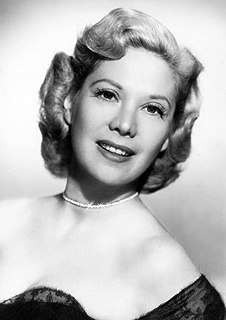A Quote by C.D. Wright
I have taught the long poem off and on for years. The more book-length poems I read and studied and taught the more interested I was in the possibilities in writing a poetry that applied formal and substantive options of narrative and non-narrative, lyric and non-lyric. I found many pleasures in this kind of writing. The long poem is as old as the art form.
Related Quotes
I think that the casual reader and the lyric and confession are trickily tied up together. I mean often when I read my students' poems my first impulse is to say, "O, the subject of this pronoun, this 'I,' is whatever kid wrote this poem." The audience for lyric poems is "confessionalized" to some extent. And I think this audience tends to find long narrative poems, for instance, kind of bewildering.
I would read the Shel Silverstein poems, Dr. Seuss, and I noticed early on that poetry was something that just stuck in my head and I was replaying those rhymes and try to think of my own. In English, the only thing I wanted to do was poetry and all the other kids were like, "Oh, man. We have to write poems again?" and I would have a three-page long poem. I won a national poetry contest when I was in fourth grade for a poem called "Monster In My Closet.
Because I love narrative but am more lyrically inclined, I've learned that if I freight titles with narrative information (the who, what, when, where, why of the poem), I can get to my main interest, which is the language, and where it wants to take me. If I can establish the poem's occasion in the title, then so much the better for my freedom to associate.
Claudia Rankine's book-length poem 'Citizen' was nominated for National Book Critics Circle awards in the categories of poetry and criticism. It is one of the most devastating takes on American culture I have read in a long time, laying bare the stakes of being black in a country long ambivalent about our presence here.
The judges who awarded the 1980 Commonwealth Poetry Prize to my first collection of poems, Crossing the Peninsula and Other Poems, cited with approval and with no apparent conscious irony my early poem, "No Alarms." The poem was composed probably sometime in 1974 or 1975, and it complained about the impossibility of writing poetry - of being a poet - under the conditions in which I was living then.







































